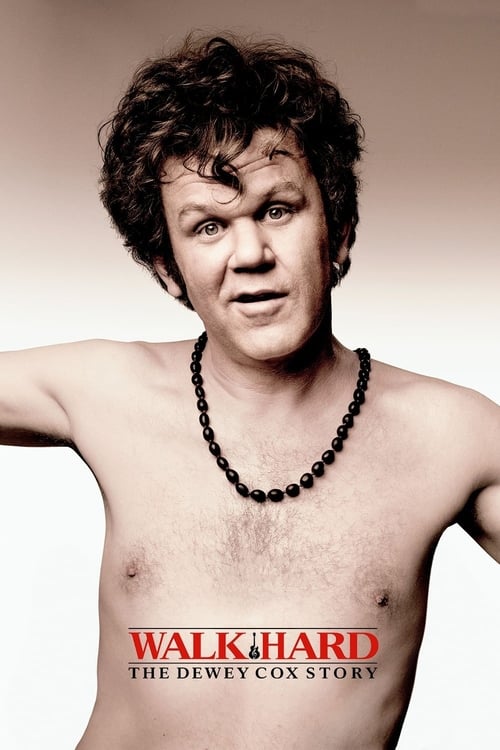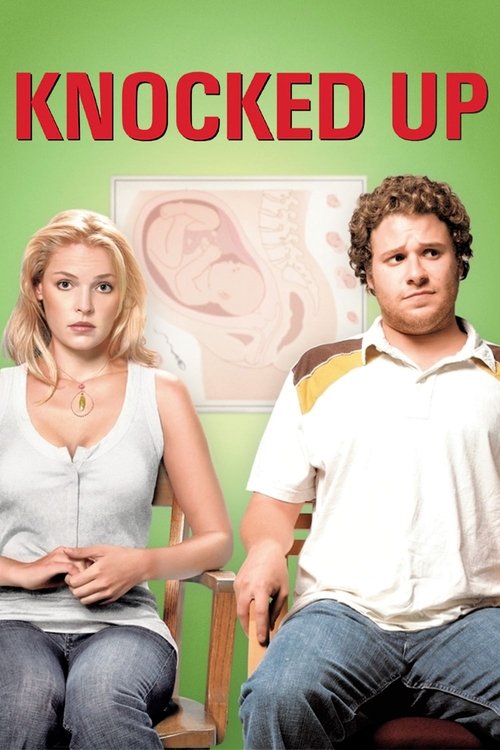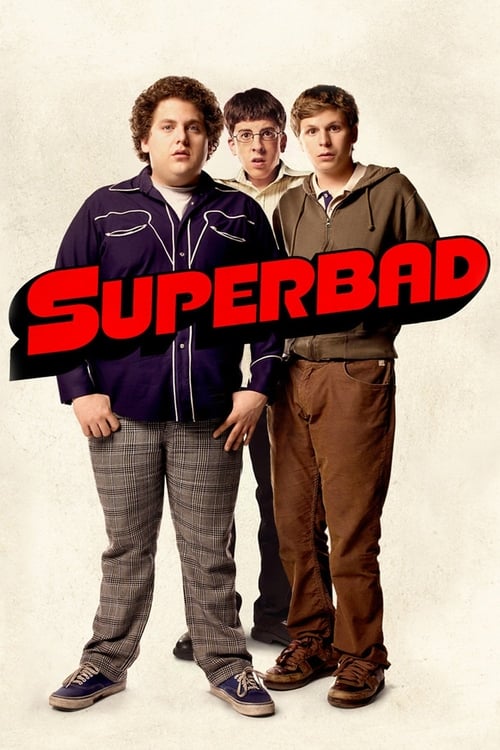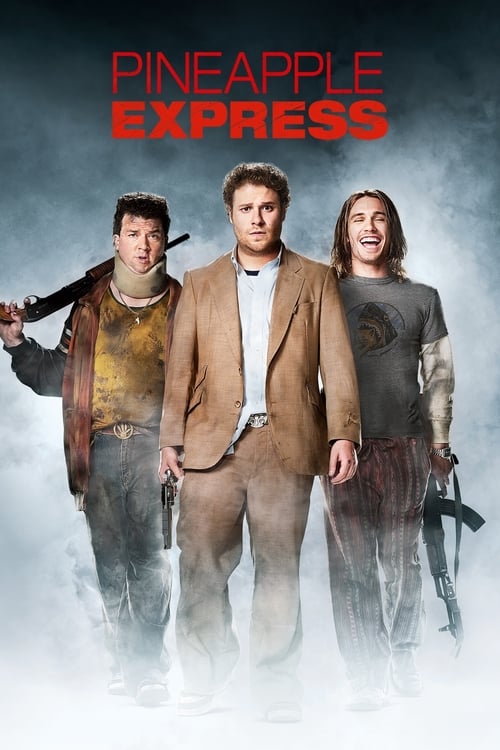Judd Apatow & The New Comedy
Bromance and improvisation
Judd Apatow revolutionized American comedy in the 2000s by blending raw improvisation with emotional authenticity, creating a new subgenre that would influence comedy filmmaking for decades to come.
The emergence of Apatow's distinctive style can be traced to his early work as producer of "Freaks and Geeks" (1999), where he began developing his trademark combination of crude humor and genuine heart. This approach fully crystallized with "The 40-Year-Old Virgin" (2005), which established the template for what would become known as the "bromance" comedy. The film balanced raunchy humor with sincere character development, featuring Steve Carell in a breakthrough role that demonstrated how vulnerability could enhance comedy. Apatow's direction allowed for extensive improvisation while maintaining narrative coherence, a technique that would become his signature approach.
"Knocked Up" (2007) refined Apatow's formula, exploring themes of male emotional growth through the lens of unexpected pregnancy and reluctant adulthood. The film's success established several key elements of the Apatow style: extended running times allowing for character development, a core group of recurring actors (including Seth Rogen, Paul Rudd, and Jason Segel), and an emphasis on improvised dialogue that felt authentic rather than scripted. The film's technical approach, with cinematographer Eric Alan Edwards capturing both broad comedy and intimate moments, created a visual template that countless imitators would follow.
Apatow's production style revolutionized comedy filmmaking through extensive improvisation and multiple camera setups. Films like "Forgetting Sarah Marshall" (2008) and "Pineapple Express" (2008) demonstrated how this approach could work across different subgenres, from romantic comedy to stoner action. Cinematographers like Russ T. Alsobrook adapted to this style by developing techniques to capture spontaneous moments while maintaining professional polish. This meant shooting with multiple cameras simultaneously and lighting scenes to allow actors freedom of movement, innovations that would influence comedy production methods industry-wide.
The cultural impact of Apatow's work extended beyond filmmaking techniques. "Bridesmaids" (2011), which he produced, proved his style could successfully translate to female-centered narratives, while "This Is 40" (2012) demonstrated his ability to tackle more mature themes while maintaining his comedic sensibility. These films helped establish a new paradigm for comedy that valued emotional authenticity alongside humor, influencing everything from studio comedies to streaming content.
The Apatow influence can be seen in the work of numerous filmmakers who emerged in his wake. Directors like Nicholas Stoller ("Neighbors"), Paul Feig ("The Heat"), and Adam McKay ("Step Brothers") all incorporated elements of his style while developing their own voices. The emphasis on improvisation and character development became industry standard, while the success of his productions encouraged studios to take more risks with R-rated comedies.
Apatow's more recent work has continued to evolve while maintaining his core principles. "Trainwreck" (2015) and "The King of Staten Island" (2020) demonstrate his ability to adapt his style to showcase new talent while tackling increasingly complex themes. These films maintain the improvisational approach and emotional authenticity while pushing into more dramatic territory, suggesting the continuing evolution of his influence on American cinema.
More Ideas

Funny People
(2009)
Meta-comedy exploring the dark side of comedy starring Adam Sandler
Streaming on Netflix

The Big Sick
(2017)
Apatow-produced romantic comedy based on Kumail Nanjiani's real life
Streaming on Amazon Prime

Walk Hard: The Dewey Cox Story
(2007)
Musical biopic parody that showcased Apatow's range
Streaming on Starz










